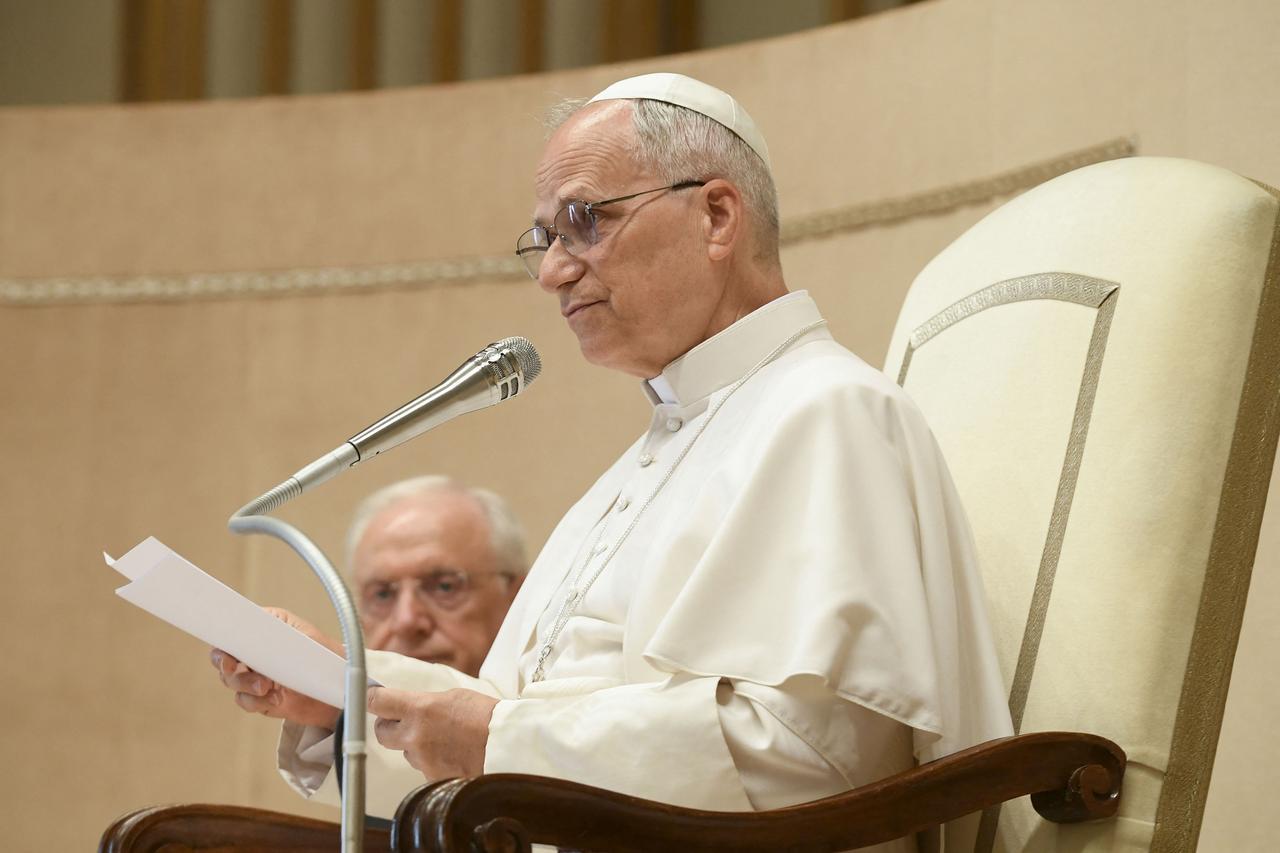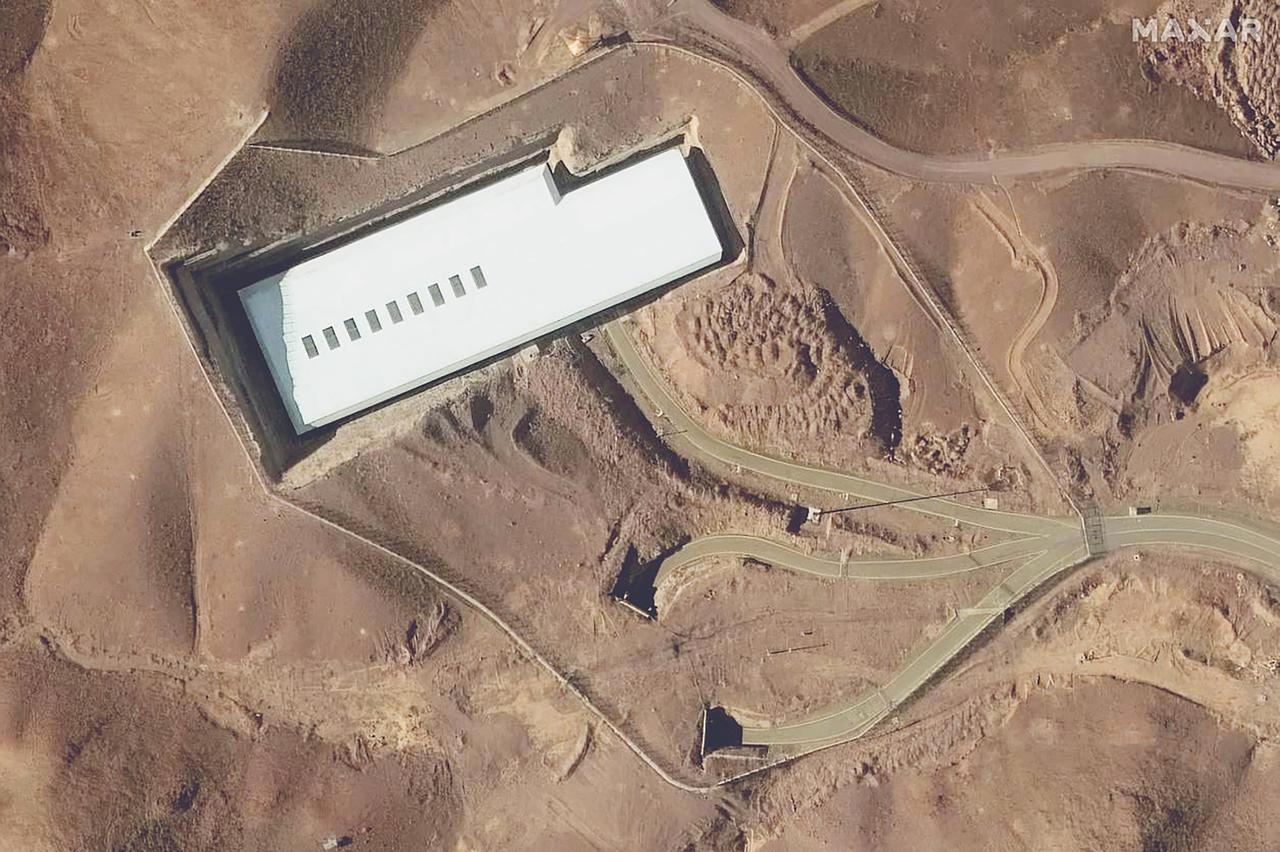
Pope Leo XIV on Sunday made an urgent appeal for peace in the Middle East, warning of the risk of uncontrollable escalation following recent U.S. strikes on Iranian nuclear sites and Tehran’s retaliatory missile attacks on Israeli cities.
Speaking from the window of the Apostolic Palace after the Angelus prayer, the pontiff said, “We must stop the tragedy of war before it becomes an irreparable abyss,” according to a Vatican statement.
He described the situation as “alarming” and “dramatic,” cautioning that the suffering of civilians, particularly in Gaza and other conflict zones, risks being forgotten amid the escalation.
“Today more than ever, humanity cries out and pleads for peace,” he said, adding that this cry must be answered with “responsibility and reason,” rather than being “drowned out by the roar of weapons and rhetoric inciting conflict.”
The Pope warned that continued violence could lead to a point of no return. “There are no distant wars when human dignity is at stake,” he said.
“War does not solve problems; it amplifies them and inflicts deep wounds in the history of peoples—wounds that take generations to heal.”
He emphasized that no military victory can outweigh the pain of grieving mothers, the fear in children, and the stolen futures of youth. “Let diplomacy silence the weapons,” he urged.
“Let nations chart their future through acts of peace, not violence and bloody conflict.”
He concluded by calling on the international community to act decisively: “Everyone is called to respond—especially those with responsibilities—to prevent humanity from walking a path with no return.”

Tensions in the region further escalated after US President Donald Trump announced Sunday that American forces carried out “very successful” airstrikes on nuclear sites in Ford, Natanz, and Esfahan, amid growing fears of a broader conflict.
Following the U.S. strikes, Iran called on the U.N. Security Council to convene an emergency meeting to condemn the attacks and hold those who violate international law accountable.
Hostilities broke out on June 13 when Israel launched airstrikes on several sites across Iran, including military and nuclear facilities, prompting Tehran to launch retaliatory strikes.
Israeli authorities said at least 25 people have been killed and hundreds injured in Iranian missile attacks since then.
Meanwhile, in Iran, 430 people have been killed and more than 3,500 wounded in the Israeli assault, according to the Iranian Health Ministry.